FREE WEBINAR SERIES
Moving Forward
Building Resilience in FASD
SEPTEMBER 9 – 23, 2020
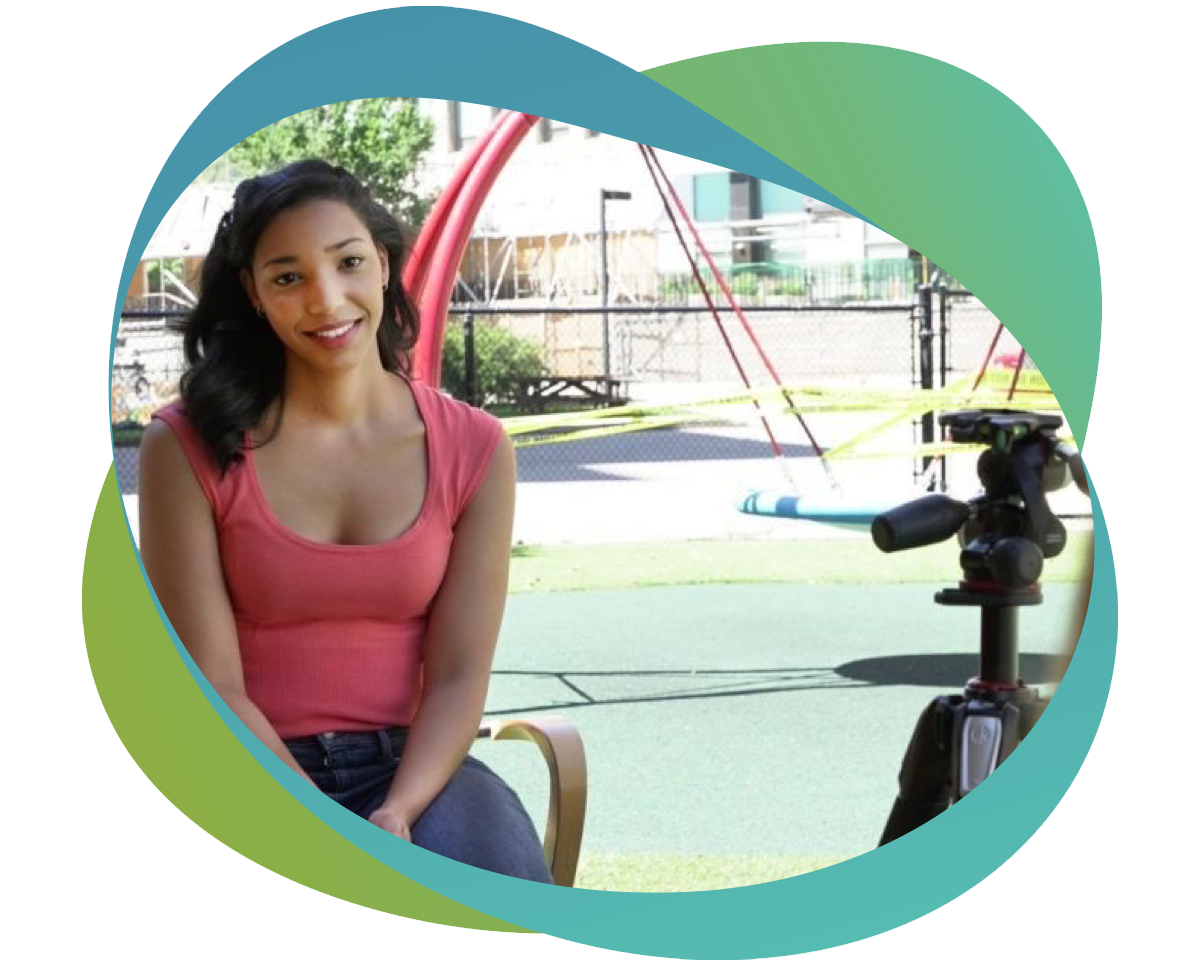
Fetal Alcohol Spectrum Disorder (FASD) is one of the most prevalent brain-based disabilities developed as a result of maternal consumption of alcohol during pregnancy. The condition may lead to physical, mental, learning, behavioural and/or social skill impairments with possible lifelong implications.
To honour FASD Awareness Day on September 9, 2020, Surrey Place is hosting a multi-day webinar series to build capacity, knowledge and resilience in FASD, as well as engage participants in an interactive dialogue with content experts from across Canada, self-advocates diagnosed with FASD and families and caregivers.
This webinar is designed to educate, share experiences and bring awareness to this disorder’s preventable nature.
Webinar Series Details
Epidemiology & Diagnosis
SEPTEMBER 9, 2020
10:00 A.M. – 11:30 A.M. (EDT)
PRESENTED BY DR. COOK & DR. TEMPLE
Dr. Cook will describe and present results from the groundbreaking Dataform research project, which has captured information about hundreds of FASD diagnoses made across Canada. The project aims to better understand this life-long disorder and support individuals and families through improved understanding of service needs and informing policy and practice across the country.
Dr. Temple will provide an overview of current diagnostic criteria for FASD and review some of the clinical signs and symptoms of the disorder. She will also present results from a new research project that describes how receiving an FASD diagnosis can improve lives through better understanding and increased access to supports and services.
Moderator: Meagan Blunt
Living with the Disorder
SEPTEMBER 16, 2020
10:00 A.M. – 11:30 P.M. (EDT)
PRESENTED BY MELONY MCLEAN & COLETTE PHILCOX
In this panel discussion, you will hear firsthand accounts from individuals living with FASD. Conversations will include subjects like motherhood, education, employment, and the impact of the diagnosis. Learn from these women’s personal stories, unique strengths, and hear how these individuals are each living with resilience.
Moderators: Ann Lindsay, Eric Marier
Parenting a Child with FASD
SEPTEMBER 23, 2020
10 A.M. – 11:30 A.M. (EDT)
PRESENTED BY JESSICA LUNDEEN, DEBBIE AND BILL MICHAUD, JANICE & KATE M.
In this panel discussion, you will hear family & caregivers discuss their experience of parenting a child/adult with FASD. They will share the joys and challenges of supporting their child’s unique needs. Conversations will address a variety of subjects including diagnosis, support networks, advocacy, clinical services, community programs, respite, and government benefits that can assist in caring for a person with FASD.
Moderators: Dr. Michael Sgro, Meagan Blunt
Presenters
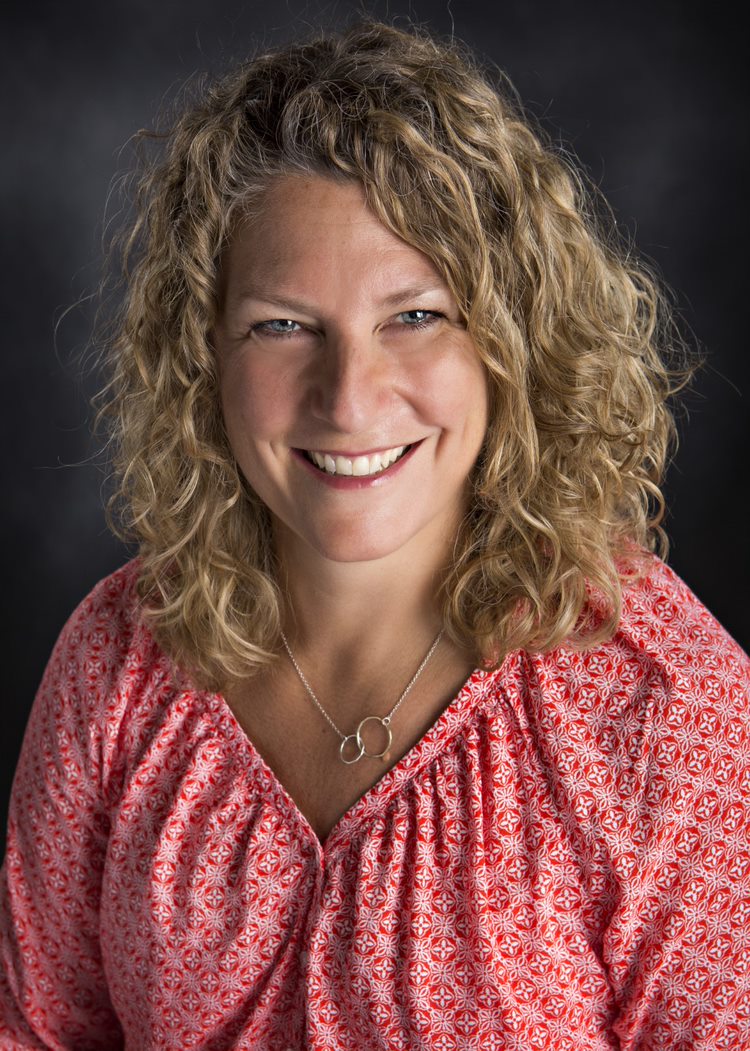
Dr. Jocelynn Cook – Keynote Speaker
Dr. Jocelynn Cook has a long history in the field of alcohol and pregnancy, in both an academic and a program and policy context. She received a Bachelor of Science degree (Honours Biology) from Bishop’s University and then a PhD in Physiology from the Medical University of South Carolina. Dr. Cook studied the effects of alcohol consumption on preterm birth for her postdoctoral fellowship at the University of Alberta. She has worked with First Nations and Inuit Health Branch’s FASD Team developing cost-benefit analyses for FASD diagnosis and intervention programming. She is a past member of the Substance Abuse and Mental Health Commission’s FASD Expert Advisory Committee, the National Institute of Health’s Expert Advisory Committee on Terminology related to FAS and the Centers for Disease Control and Prevention’s FAS Task Force.
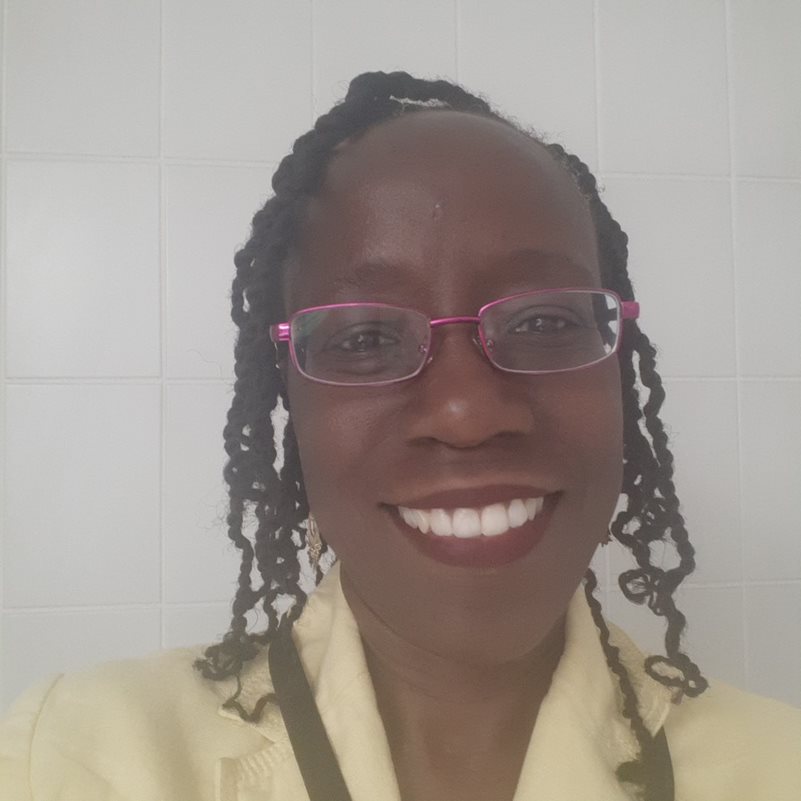
Janice – Parent
Janice is the parent of an 8-year-old boy with FASD. Since adopting her son when he was 1 year old, Janice has learned how to access infancy and childhood services. She is a single mother, working full-time while ensuring that she meets her child’s complex and changing needs. As an advocate for her son, Janice has spent many years navigating complex support systems and finding ways to help him reach his full potential.
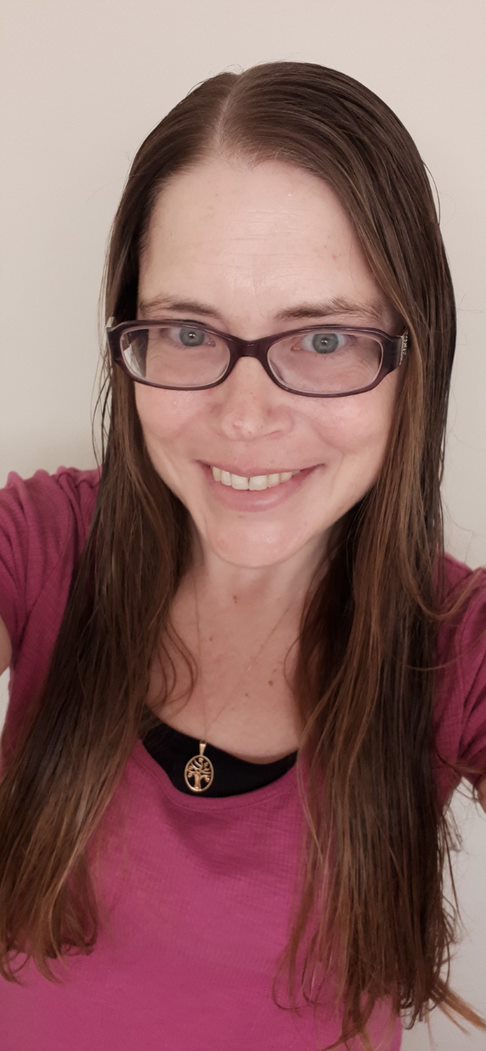
Jessica Lundeen – Parent
Jessica Lundeen is the parent of a 13-year-old girl with FASD, along with several other diagnoses, including an intellectual disability. Her daughter was adopted when she was three years old. Jessica is an active advocate for caregivers of adopted children, currently working as a Regional Parent Liaison with Adopt4Life, a non-profit organization that provides post-adoption support for families across Ontario. She will share her experience adapting to her daughter’s academic, social, and emotional needs while attempting to maintain her work/life balance.

Melony Mclean – Self Advocate
Melony Mclean* was diagnosed with FASD at 22 years old. She has overcome many obstacles in her life and is proud of her work experience. She currently works at a coffee shop where she sells confectionery items, baked goods, freshly brewed coffee, sandwiches and salads prepared daily. This position has allowed Melony to gain experience as a barista and customer service representative, while learning leadership skills and eventually taking on the responsibility of training other staff. Melony has also developed work experience at a grocery store, a bakery and catering company, and in the non-profit sector doing administration and self-advocacy work. Melony loves acting, singing and travelling whenever she can. She is a mother and has experience raising a child while navigating her diagnosis. *Name has been changed to protect the privacy of the individual.
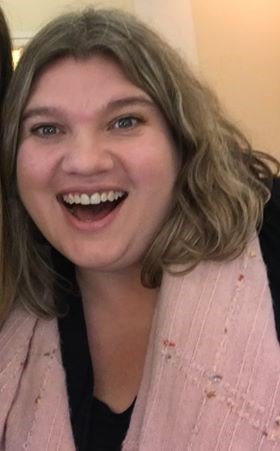
Kate M. – Parent
Kate M. is the adoptive parent of children impacted by FASD and has fostered many other impacted children as well. She is also active in supporting permanency planning for youth who have aged out of foster care. Kate has seen firsthand that, while FASD can affect how children and youth negotiate life, education, and relationships, those impacted have many strengths. Most days you can find Kate (and her children) dancing around the kitchen, while simultaneously advocating for school support, teaching self-regulation and planning for the future.
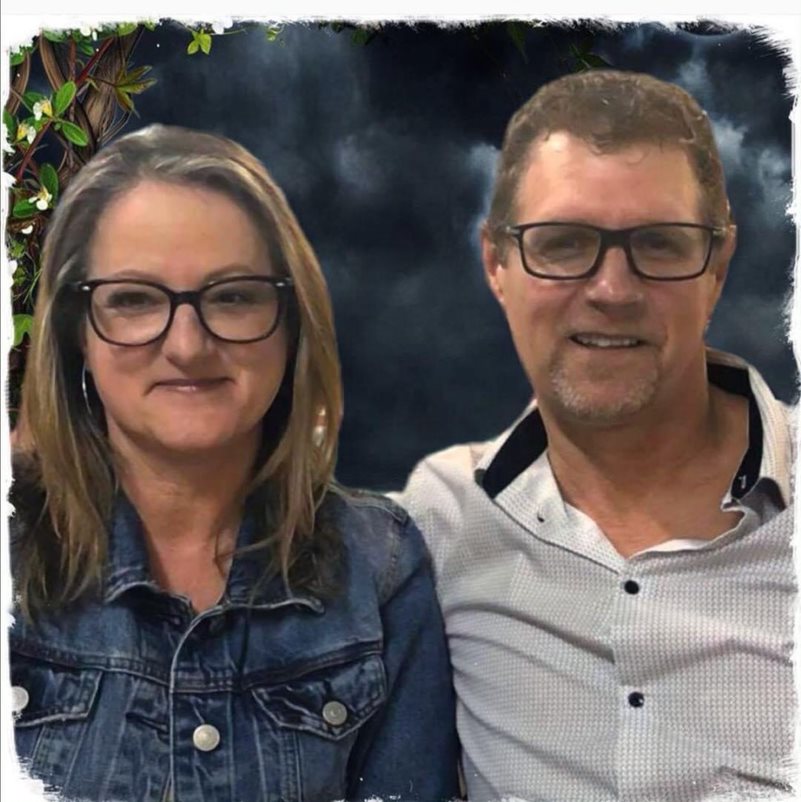
Debbie and Bill Michaud – Caregiver
Debbie and Bill Michaud live in Sioux Lookout, Ontario and have been caring for and fostering individuals with FASD for over 20 years. In their professional lives, Bill works with adults with developmental disabilities at Community Living and Debbie worked with children and families at Kenora-Rainy River Child and Family Services but is now an instructor at confederation college and a PhD student. Both have extensive experience, both personally and professionally, with overcoming obstacles to support and care for people with FASD.
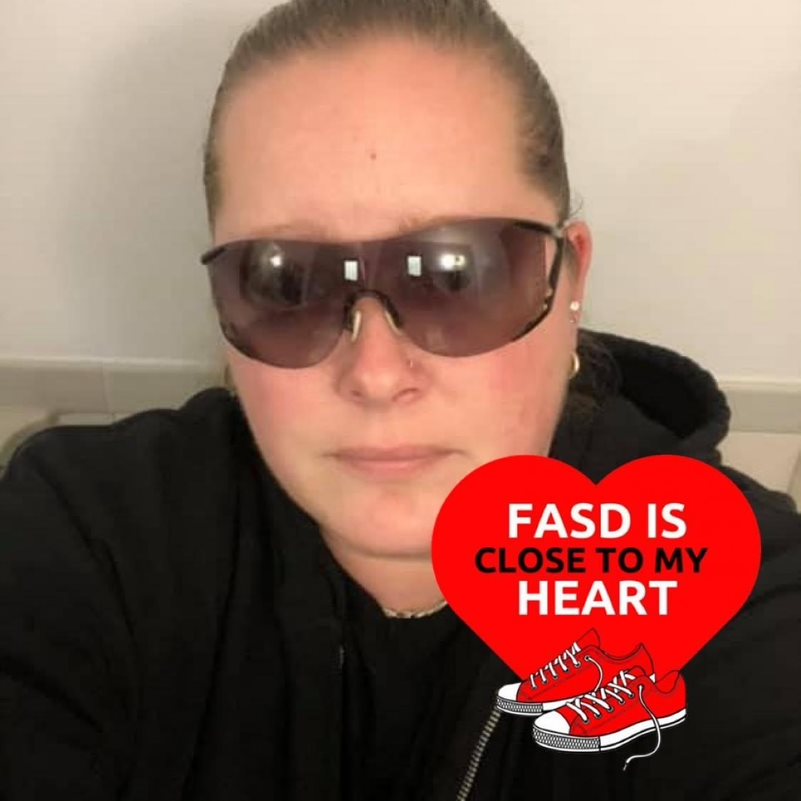
Colette Philcox – Self-Advocate
Colette Philcox was not diagnosed with FASD until later in life. During her childhood and youth, her parents did not understand why she frequently acted out. They asked Colette to move out of their home, and, after struggling in the shelter system, she found herself living on the streets. During this time, Colette became pregnant. Her parents helped her register for ODSP and move into an apartment. After a second child arrived, she and her partner decided to separate. Colette’s children lived with their grandparents for ten years, until Colette was able to create a stable environment for them. Now in her thirties, Colette is dedicated to helping young people understand the dangers of drinking during pregnancy. She works part-time in the film industry and is a full-time parent to her son and daughter.
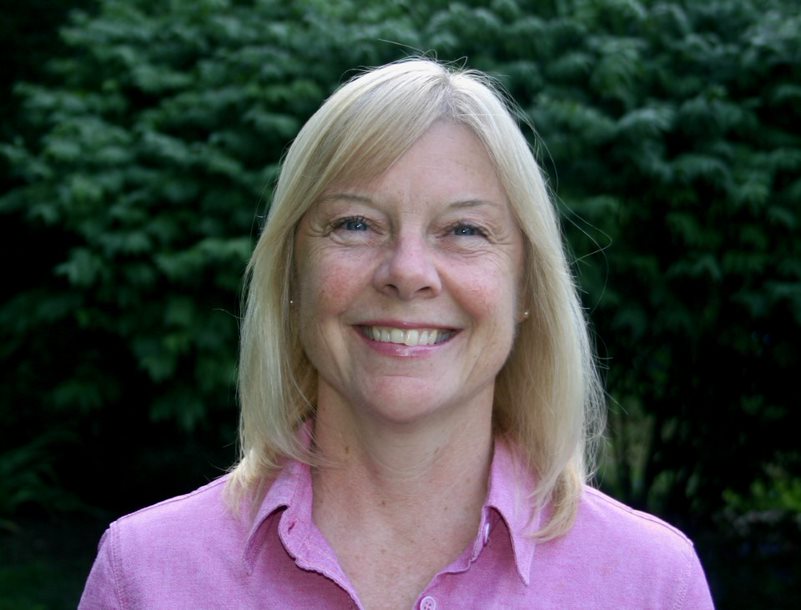
Dr. Valerie Temple – Keynote Speaker
Dr. Valerie Temple (PhD. C. Psych.), Clinical Psychologist and Professional Practice Leader, works with individuals and families in Toronto, as well as those living in remote communities in northwestern Ontario through Surrey Place’s MMW Video conferencing program. Dr. Temple has published research papers and book chapters on the assessment, diagnosis, and treatment of a variety of intellectual and developmental disabilities including Fetal Alcohol Spectrum Disorder (FASD), Down Syndrome, and Autism. She is a member of CanFASD a national collaborative network of researchers focused on FASD, and FASD-ONE an Ontario network of professionals involved in FASD support.
Partners and Supporters
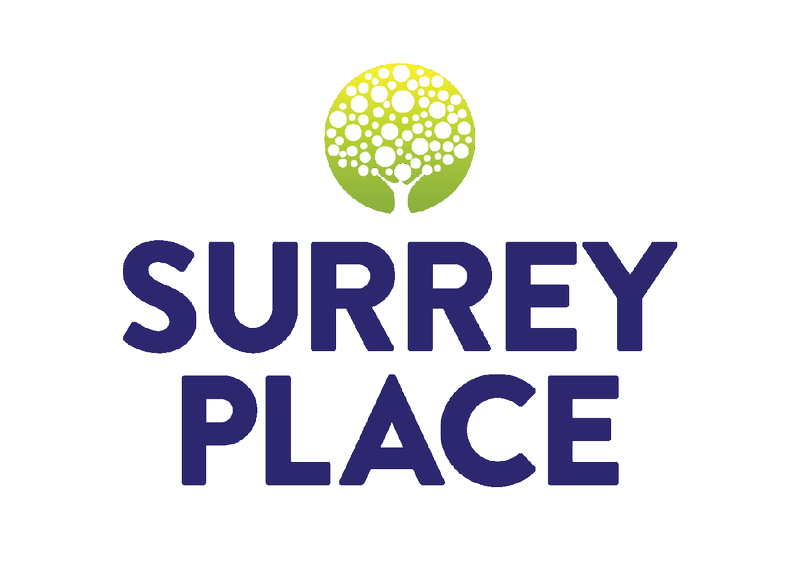
Surrey Place
Surrey Place helps children and adults living with developmental disabilities, autism spectrum disorder and visual impairments reach their full potential. They offer a variety of groups and workshops for clients, families and caregivers, as well as extensive education and consultation services to community agencies.
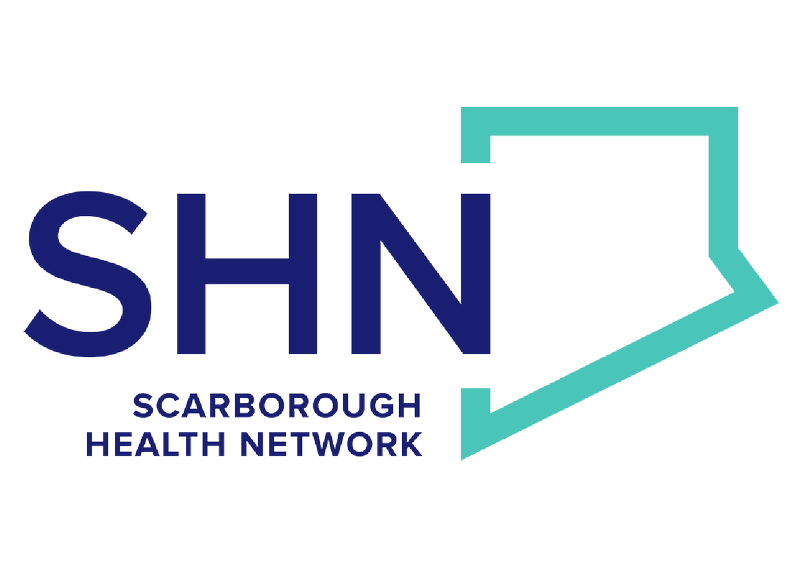
Scarborough Health Network FASD Diagnostic Clinic
Scarborough Health Network (SHN) provides a wide range of diagnostic and therapeutic services to support inpatient and emergency programs, as well as referrals from outpatient clinics at the hospital and in the community.
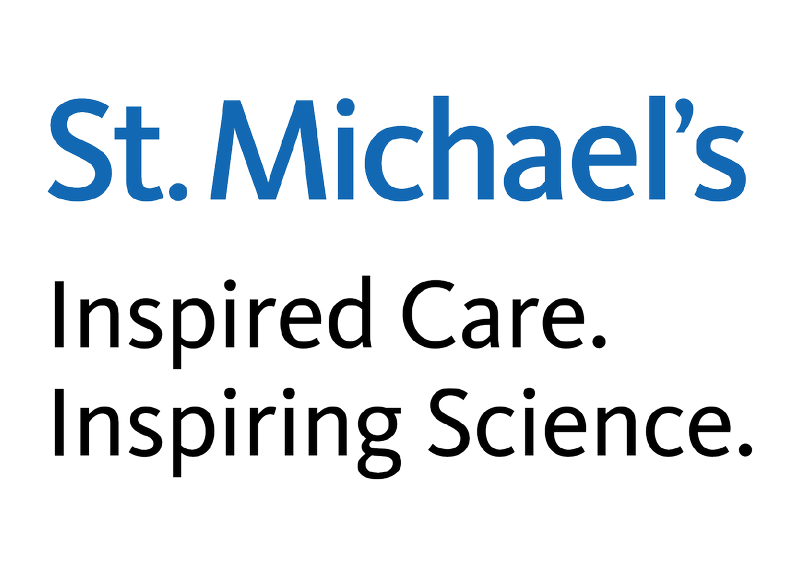
St. Mike’s FASD Diagnostic Clinic
This clinic uses a multidisciplinary approach that provides diagnostic services, a plan of care for each identified individual, and co-ordination of community referrals as needed. The clinic assesses individuals of all ages with suspected FASD.
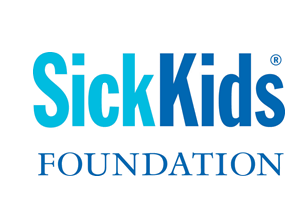
SickKids Foundation
Established in 1972, SickKids Foundation raises funds on behalf of The Hospital for Sick Children. The Foundation’s fundraising is driven by the belief that improving the health and well-being of children is one of the most powerful ways to improve society.
Contact Information
Questions: Meagan Blunt – Meagan.blunt@surreyplace.ca
Registration: wellness.registration@surreyplace.ca